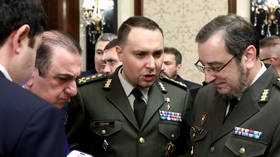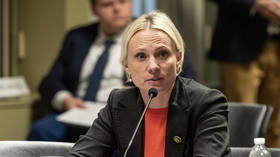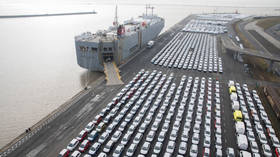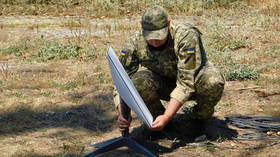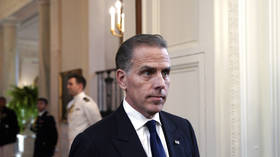Is there a haven for Islamists in Europe’s backyard?
There are fears that after becoming independent, Bosnia-Herzegovina is becoming a breeding ground for Islamic fundamentalism. Many of the biggest terrorist attacks of recent years have links to the country.
At least two of the 9/11 hijackers trained and fought in Bosnia. And all of those involved in the Madrid bombings five years ago passed through Sarajevo. The explosives used were also produced in Bosnia.
“When we’re talking about the global increase in radical Islamic fundamentalism, we can’t leave out Bosnia-Herzegovina. Starting from the 1980's until today, it’s been evolving,” says Gostimir Popovic, Serbian political analyst.
He adds: “Muslims here are involved in every action connected to Islamic radicalism in the world. Muslims in Bosnia are the primary source of Islamic extremism in Europe, especially in the southeastern part. It’s becoming very dangerous.”
Since 1992, many Bosnian Muslims have despised the West. That was when the United Nations imposed an arms embargo on them, seriously hampering their ability to fight their enemy. Over the next four years, a hundred thousand people died – most of them Muslims. It is this experience that has opened the door to extremism.
There’s also an inflow of ideas from Saudi Arabia. Sarajevo’s King Fahd mosque was built with millions of Saudi dollars, and is the largest house of worship for Muslims in the Balkans.
The mosque has a reputation for being a magnet for Muslim fundamentalists in Bosnia-Herzegovina, raising concern that Islamists are gaining ground in this city in the heart of Europe.
Influence is also slowly coming from the Islamic Republic of Iran. More and more, young Bosnian Muslims are wanting to learn the Farsi language, culture and history.
“When we talk about Saudi Arabia, you know they have the money. Some of the money came especially during the war here to Bosnia and Herzegovina. With money, with aid, they came with some ideas," said journalist Gvozden Sarac, who has been following the phenomenon for years.
Sarac says it’s only the frustrated, unemployed youngsters who are attracted to Islamic extremism. By comparison, most Bosnian Muslims are moderates.
The Grand Mufti of Bosnia, Dr. Mustafa Ceric, agrees.
“We are aware of the concern of Europe, and we are aware of the concern or the influences that are coming from outside, but we are mature enough and we have enough experience that we know very well our place in Bosnia, our place in Europe, and we are very responsible people,” he said.
Sarajevo is sometimes called the Jerusalem of the Balkans. It’s at the crossroads of the West and the East, a place where Islam meets Christianity. It’s this careful positioning that keeps the world’s attention turned here – watching whether it will become a hotspot for fundamentalism or a melting pot for tolerance and understanding.




